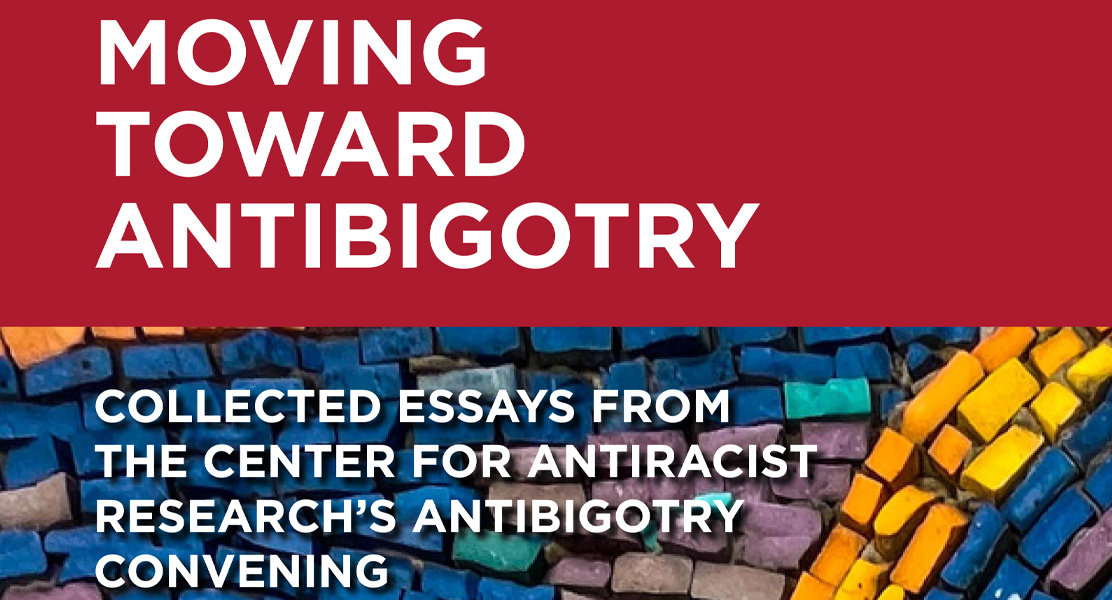BJC’s Tyler, others, discuss ‘structural aspects of bigotry’ – including religious intolerance – in new report

“The practice of religious bigotry… is a signal that a democracy of rights and liberties is not working as it should, and that authoritarianism is entrenched, and possibly advancing.”
That is the conclusion of an important essay co-authored by BJC Executive Director Amanda Tyler and published by the Boston University Center for Anti-Racist Research in a landmark report issued in June. The report follows the center’s Antibigotry Convening, which brought together a number of scholars and advocates to discuss several categories of bigotry, and consists of essays on each category. Its purpose is to “examine[] ways that structural aspects of bigotry—including laws, policies, practices, norms, and narratives—work together with ideas about the alleged superiority and inferiority of particular groups to cause and normalize subordination.”
In the essay entitled “Religious Intolerance,” Tyler and co-author Dr. John Corrigan, Professor of History and Religion at Florida State University, explained that “religious bigotry, like all structural bigotry, is exercised in order to hold power.”
[T]hose who practice bigotry claim as their “right” under the Constitution a freedom to do so. Such a view rests on a misguided interpretation of the principle of religious freedom as a warrant to have legal protections for all manifestations of religious belief, no matter the impact on the rights and liberties of others who do not share the same beliefs…. Often, political claims, such as, for example, opposition to gay marriage, abortion, and evolution theory in public schools, as well as claims for the right to boldly seek social justice and equality, often rest their cases on religious faith. Bigotry and anti-bigotry thus both are grounded, for some groups, in religious belief. This fact presents challenges to any project that would seek to oppose bigotry, because that project must protect religious freedom while at the same time rejecting policy claims based on religious arguments for bigoted behavior.
The essay goes on to lay out a critical path forward for fighting religious bigotry – not by seeking to eradicate religious views we regard as intolerant, but by opposing White Christian Nationalism and bolstering the institutional separation of church and state in order to keep bigotry away from levers of power:
Community-led interventions will be necessary to the campaign, including work within Christian communities. Repudiating white Christian nationalism does not mean rejecting or oppressing mainstream Christianity, though we can expect such claims to be raised. Our democratic task should not be viewed as eradicating bigotry from religion. Rather, our task should be ensuring that the institutions of religion and government remain sufficiently separated and distinct so that the bigotry inherent in religion not be enforced and perpetuated by the state.
Read the whole essay (it begins on page 170 of the report), a powerful statement of the roots and reach of religious intolerance as well as its central relationship to other forms of bigotry.




